Matthew Leveson’s family heartbreak: ‘Now we can lay him to rest’
THE heartbreaking 10-year search for the remains of their son Matthew looks to be finally over for Mark and Faye Leveson — but justice remains as elusive as ever.
NSW
Don't miss out on the headlines from NSW. Followed categories will be added to My News.
THE heartbreaking 10-year search for the remains of their son Matthew looks to be finally over for Mark and Faye Leveson — but justice remains as elusive as ever.
‘‘He’s got off scot-free,” Mark Leveson says of Matt’s older lover Michael Atkins, who was acquitted of Matt’s murder in 2009 only to recently lead police to the site of the lonely bush grave.
The unprecedented legal drama continues to play out with the inquest into Matt’s death in 2007 set to resume in August, but the family struggles to reconcile the likelihood that Atkins will never face fresh murder or manslaughter charges.
Mark Leveson hates the word “closure”.
“It is an offensive word,” the accountant from south Sydney says.
“We want justice and resolution.”
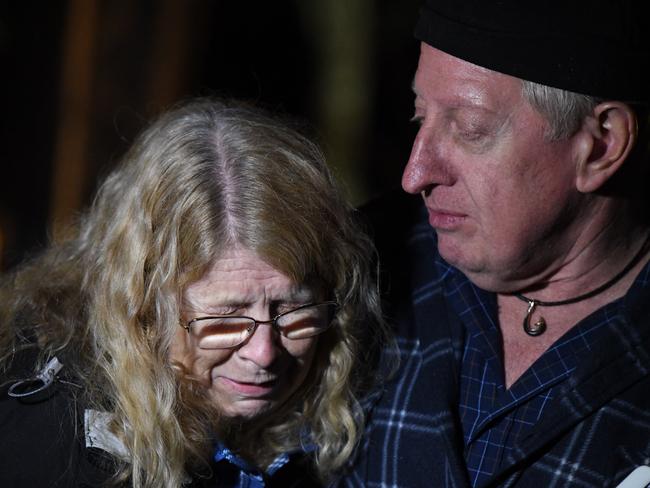
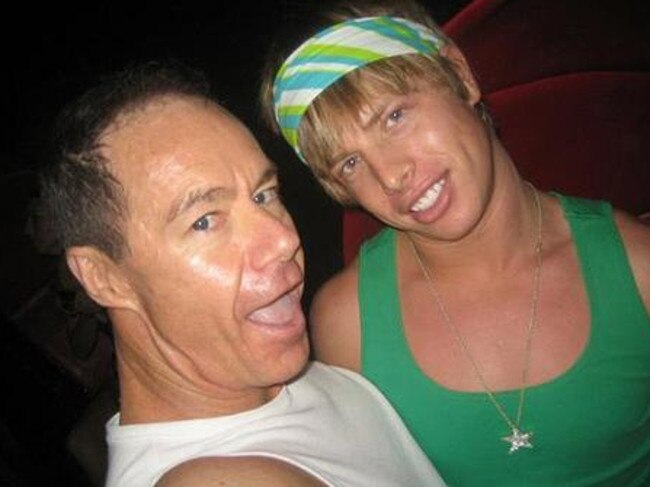
The skeletal remains that police believe are those of Matthew Leveson were found on Wednesday at the start of a walking track off a car parking area on McKell Ave, Waterfall, in the Royal National Park south of Sydney.
Matt’s parents know the 15,000ha of national park as well as the backs of their hands. They “thought like a killer” and figured that was where their son had been buried.
Relentlessly, week after week, sometimes in the dark, they have walked the dense bushland looking for his grave since he was last seen aged 20 in the early hours of Sunday, September 23, 2007, leaving the ARQ nightclub in Sydney’s Darlinghurst with Atkins.
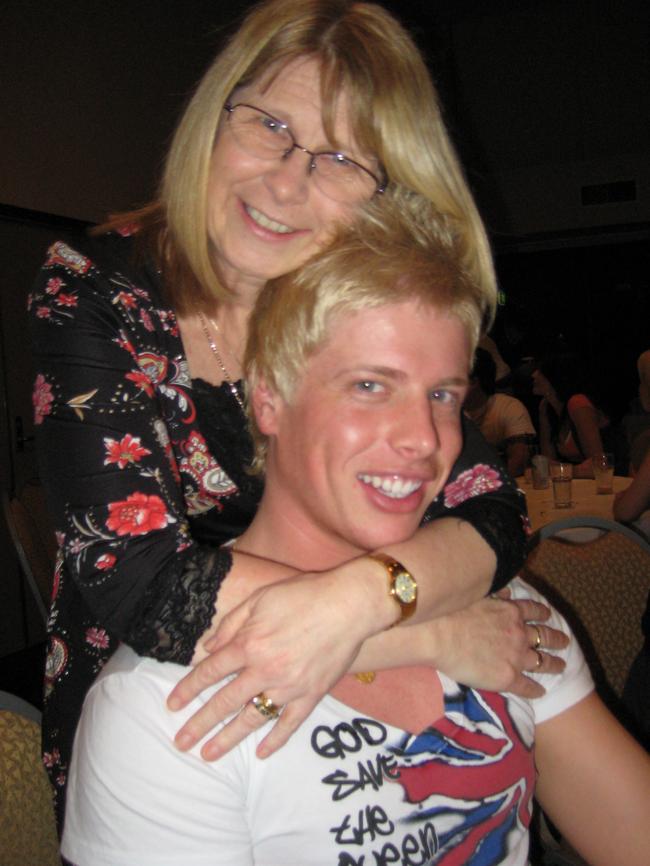
But in the end, to find Matt and take him home to give him a proper burial, the Levesons had to strike what has been described as a deal with the devil to force Michael Atkins to talk.
On October 20, 2009, Atkins, 54, a martial arts expert, former bouncer and qualified electrician, was acquitted by a Supreme Court jury of the murder or manslaughter of Matt. He had exercised his right not to give evidence.
Armed with reforms to the state’s double jeopardy laws, which mean retrials can now be held if “fresh and compelling” evidence comes to light, homicide detectives in mid-2014 obtained consent from the NSW Director of Public Prosecutions to reinvestigate Matt’s disappearance.
His parents requested an inquest be held at which Atkins was forced to go into the witness box for the first time after he lost a court challenge.
They watched in February last year as he swore to tell the truth but went on to refuse to answer questions on the grounds he might incriminate himself.
With the agreement of Matt’s parents, Deputy State Coroner Elaine Truscott was ready with an alternative.
She gave Atkins immunity so the evidence he gave could not be used against him if he told the truth, even if he confessed to murder.
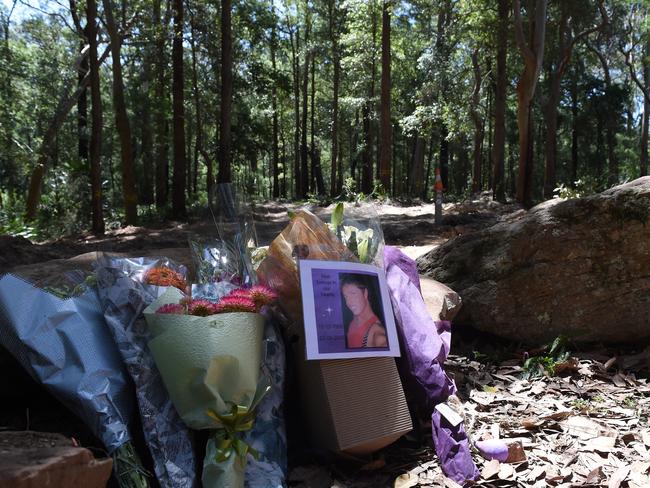
The power of the Coroner to grant a certificate of immunity under section 61 of the Coroners Act was introduced because, as the Supreme Court said, it “acknowledges the prospect there will be cases in which a higher value will be placed on determining the manner and cause of a person’s death than on the prosecution of any criminal offence”.
Coroner Truscott determined it was in the interest of justice. But the immunity did not cover perjury and Atkins fell into the trap. Initially he said he had told the truth in his interview with police.
Exposed at the inquest as a low-level drug dealer with a penchant for young men, sometimes more than one at a time, Atkins had told police that he and Matt had gone to bed after getting home from the nightclub and he woke to find Matt gone.
He said he thought Matt had gone to Thailand despite his passport being found in rubbish at the flat.
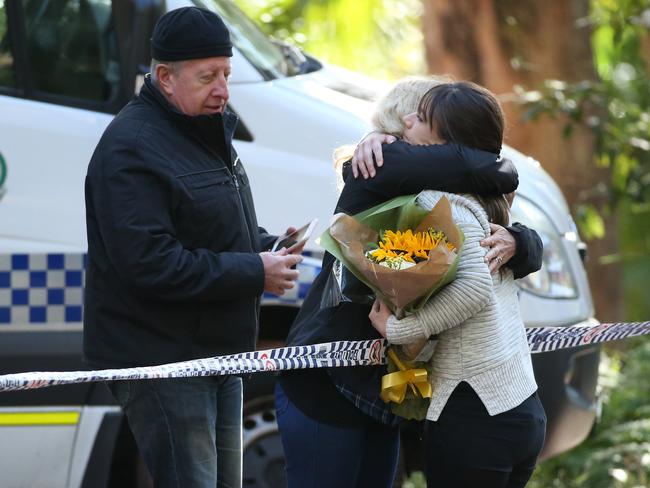
During the police record of interview, he was confronted with CCTV footage showing him far from asleep in bed. Instead he was seen buying a mattock and duct tape at Bunnings.
The receipt with Atkins’ fingerprint on it was discovered in the boot of Matt’s car which was found at Waratah Oval, Sutherland, four days after he disappeared.
Atkins was caught out when he told the inquest that he had bought the mattock to dig a garden and the duct tape to tie up plants — after telling police in the interview that he had never bought the goods.
Facing up to 10 years’ jail or more for perjury and contempt of court, Atkins was given another deal, this time by the then-attorney-general Gabrielle Upton who personally spoke with Mark and Faye Leveson first: show them where the body is and you won’t be charged.
In the dead of night, he led police to the spot on McKell Ave but as Matt’s parents and his brothers Jason and Peter watched, two searches using excavators and sniffer dogs failed to find any trace of Matt.


Last week’s search was going to be the last, essentially for legal reasons so police could be sure they had done all they could. Then on Wednesday afternoon, just moments before the final search was to wrap up, a man working an excavator stopped and called police over.
Mrs Leveson says it has been nine years, eight months and eight days since her son disappeared but she had never given up hope.
“We made a promise (to find him) and we kept it and now we can lay him to rest if it turns out to be Matt,” Mrs Leveson says.
Mark Leveson says that final moment was surreal.
“We didn’t think we would finally get to the point where we could see our son. We always hoped for the best but expected the worst. We have been kicked in the guts so many times.”
With flowers marking the bush grave, a forensic pathologist and a forensic anthropologist are examining the remains back at Glebe morgue, and Mark told the detective who led the reinvestigation, Detective Chief Inspector Gary Jubelin, not to rush.
“I told him we have waited this long, let’s make sure we get everything right,” he says.
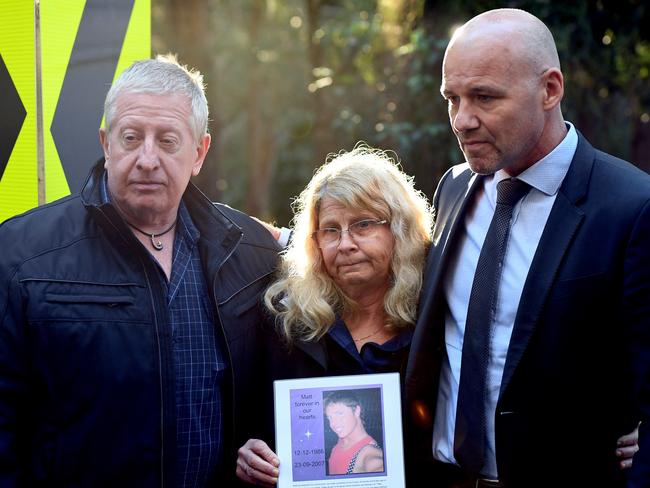
The publicity forced Atkins to sell his Brisbane unit and move into a shabby Fortitude Valley boarding house. He has now gone into hiding.
When the inquest resumes in August, his statement to police may be revealed but it is unlikely he will have to reappear.
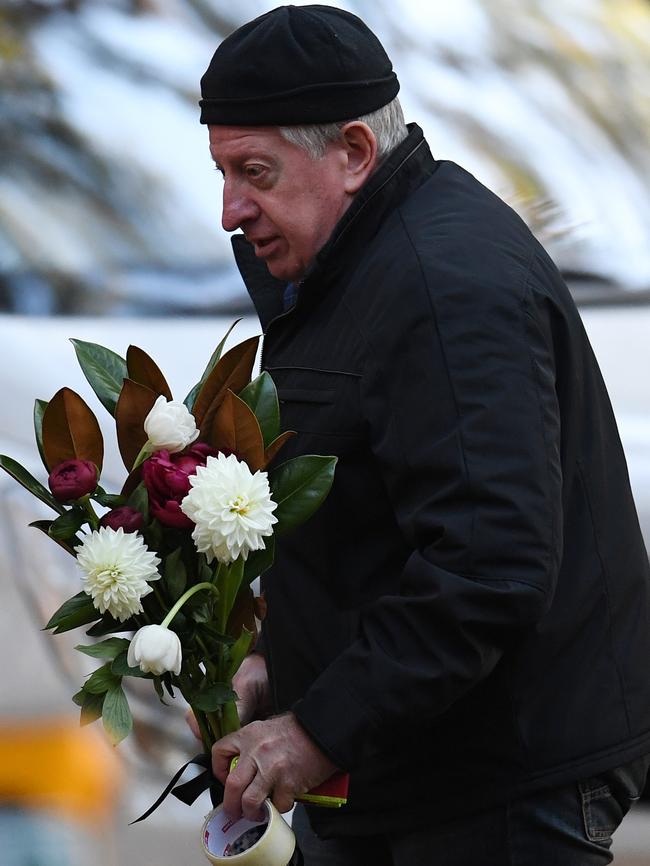
Former NSW director of public prosecutions Nicholas Cowdery says whether a charge can be resurrected depends on what police find at the burial site.
“There’s a slim possibility, I don’t put it any higher than that,” he says.
“Atkins is home free.”
UTS law school Associate Professor Thalia Anthony said the fact the Coroner gave Atkins a certificate means the discovery of the remains likely can’t be used as “fresh and compelling evidence” to overcome double jeopardy laws.
“It seems that his disclosure of the whereabouts of the body and anything associated with the body would not be able to be used against him to get through the double jeopardy threshold,” Anthony says.
Jubelin says he can’t comment on any new charges because the matter is before the Coroner.
“We hope the Levesons will soon be able to properly — and respectfully — say goodbye to Matthew,” Jubelin says.
Mark and Faye thought they had come to terms with what granting immunity to Atkins meant but the reality has hit them hard.
“My understanding is that it’s over for Atkins. He has got off scot-free,” Mark Leveson says.
“Victims don’t win, you can get some victories, but you don’t win.
“If any of the jurors on Matthew’s (2009) trial saw this, what the hell are you thinking? And lastly, to Michael Atkins … you are no longer of any use to our family alive.”


